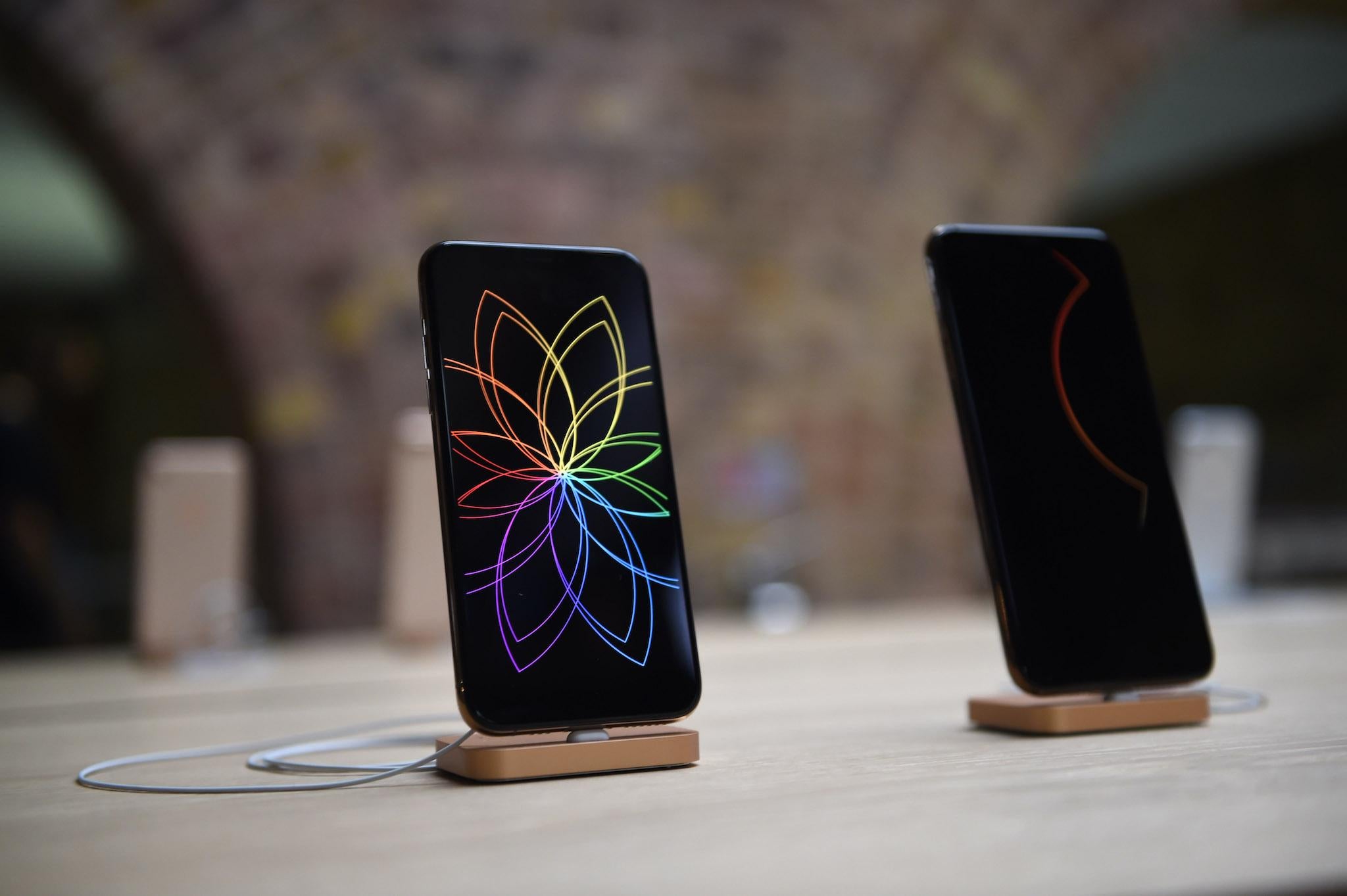It’s Donald Trump vs Apple in the fight over your data
The tech company has found itself in another wrangle with the US government about unlocking a terror suspect’s iPhone, writes James Moore


Apple’s Tim Cook vs Donald Trump? Does someone know who’s got the pay-per-view rights? Yes, the US president is squaring up to the tech company once again, sounding the bell with one of his trademark angry tweets.
“We are helping Apple all of the time on TRADE and so many other issues, and yet they refuse to unlock phones used by killers, drug dealers and other violent criminal elements. They will have to step up to the plate and help our great Country, NOW! MAKE AMERICA GREAT AGAIN.”
The caps are his, but then you knew that. The president’s intervention follows a complaint by the US attorney general, William Barr, that the company provided no “substantive assistance” to the FBI, which has been trying to unlock a pair of iPhones linked to a shooting at a Florida naval base.
Three US sailors were killed when a Saudi trainee opened fire on 6 December and the incident is being treated as an act of terrorism.
The situation is reminiscent of what happened in the wake of a mass shooting in California in 2015, which resulted in 14 deaths and left 22 others with serious injuries.
Apple fought a court order calling on it to help the FBI get around security software in the shooter’s iPhone. Cook said the demand “threatens the security of our customers”.
In the end, the US government didn’t actually need the tech company’s help. It found a private firm to do the job.
So this is seconds out, round two, right? Up to a point. The situation is more nuanced than it looks.
Apple has yet to publicly say “no” as it did then. In fact, the company issued a statement denying that it had refused to help, saying it had produced information when requested, including iCloud backups, account information and transactional data, and had done so promptly.
It’s worth stating, at this point, that it’s not all that easy for Apple to break into one of its phones even if it wanted to.
The ones at issue, an iPhone 5 and an iPhone 7 Plus, do lack the firm’s most up-to-date encryption. But that just means it’s possible the US government could do what it did last time and get a third party to do the dirty work.
The company faces a tricky situation here, not least because it’s currently running ads that promise to keep safe the huge amount of very personal information we store on our phones.
These have recently been very visible in expensive commercial breaks between NFL playoff games.
The takeaway from the ads is clear: it’s worth your affluent consumers paying a premium for the iPhone because you can be sure it will keep your data away from prying eyes. The company is investing an awful lot fo time, effort, and money in portraying itself as Silicon Valley’s privacy champion.
Were the company to help the US government bust into phones, even those of criminals, or were it to create a back door in its operating system to facilitate government access (which is what the US government would really like), those efforts could be undermined.
The difficulty it faces is that the subtleties of a debate such as this largely passed by middle America last time around. Polling showed that a majority sided with the government on the question of breaking into a terrorist’s phone and I’d imagine similar polling now would produce a similar result.
And yet, Apple is absolutely right. It’s doing what it can, and that’s fine, but it shouldn’t be asked to put the integrity of its customers’ data at risk. Were it to create back doors for law-enforcement officials, these would also provide an opening for hackers, not to mention the officials of some very unsavoury regimes.
The trouble is that simple messaging, at which Trump excels, casting the company as unpatriotic for allegedly failing to help brave cops to bring terror suspects, drug paddlers and other criminals to justice, is effective – despite how misleading it might be.
Can Cook hold out against it? Apple is reportedly preparing for the possibility of a new legal fight over iPhone encryption. If that’s what it takes, the company and its CEO should press ahead.
Join our commenting forum
Join thought-provoking conversations, follow other Independent readers and see their replies
Comments